Twenty representatives from some communities in the Eastern Region, where Advocates for Community Alternatives (ACA) operates, have successfully completed a three-day legal training program focused on land and property rights, as well as Ghana’s mining laws.
The training, organized and facilitated by ACA, sought to strengthen participants’ understanding of the legal framework governing land acquisition, ownership, and registration, while equipping them with the tools to educate their communities on sustainable and lawful practices.
This program formed part of ACA’s ongoing capacity-building initiative and served as a follow-up to an initial session conducted in April 2025. The series was informed by a needs assessment undertaken by ACA’s Legal Department, which highlighted significant challenges faced by local communities, including disputes over land acquisition and the adverse impacts of mining activities.
ACA’s legal team led interactive sessions covering Ghana’s legal and regulatory frameworks on land and mining.
Key legislation
Participants were introduced to key legislation such as the Minerals and Mining Act, 2006 (Act 703) and its Amendment Act 900 (2015), the Minerals Development Fund Act, 2016 (Act 912), Minerals and Mining (Compensation and Resettlement) Regulations, 2012 (L.I. 2175) and the Land Act, 2020 (Act 1036).
The facilitators emphasized that individuals or entities seeking to explore, prospect, or mine minerals must first secure a mineral right through the Minerals Commission, with approval from the sector minister.
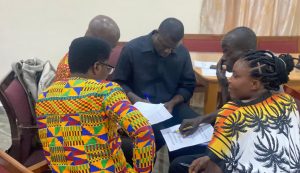
They also highlighted the legal requirement for chiefs, allodial landowners, and District Assemblies to be formally notified of such activities, ensuring transparency and accountability in land use.
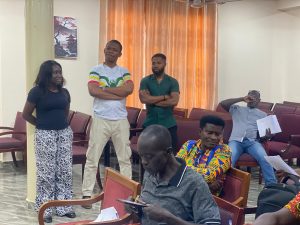
Land ownership
On land ownership, the Land Act, 2020 (Act 1036) was highlighted as the central law governing acquisition, registration, and ownership. The facilitators underscored the importance of land registration as a safeguard against disputes and a means of securing legal ownership rights. Participants were also briefed on the roles of key institutions such as the Lands Commission, the Office of the Administrator of Stool Lands, and Traditional Authorities in ensuring effective land governance.
Participants expressed their appreciation for the workshop, noting that the knowledge gained would not only help them protect their rights but also empower them to educate others within their communities.
Confident
“Before this training, many of us did not fully understand the laws governing land in Ghana. Now I feel more confident that I can protect my family’s land and help others in my community avoid mistakes. This knowledge is very empowering,” said Asabea Sarah, a representative from the Odumase community in the Eastern Region.
They also called for similar training programs to be extended to other districts and regions facing similar challenges.
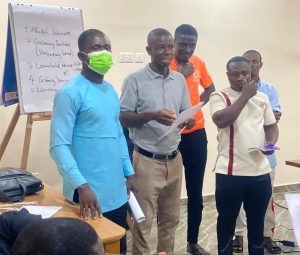
Through such initiatives, ACA continues to promote community empowerment, legal awareness, and sustainable approaches to land and natural resource governance in Ghana.
ACA helps West African communities that are threatened by the destructive impacts of extractives-led development to take control of their own futures. ACA works directly with communities to design their own sustainable development plans and advocate to achieve those plans, and it builds and supports networks of lawyers and other professionals that will serve communities in need.
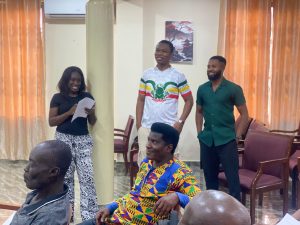
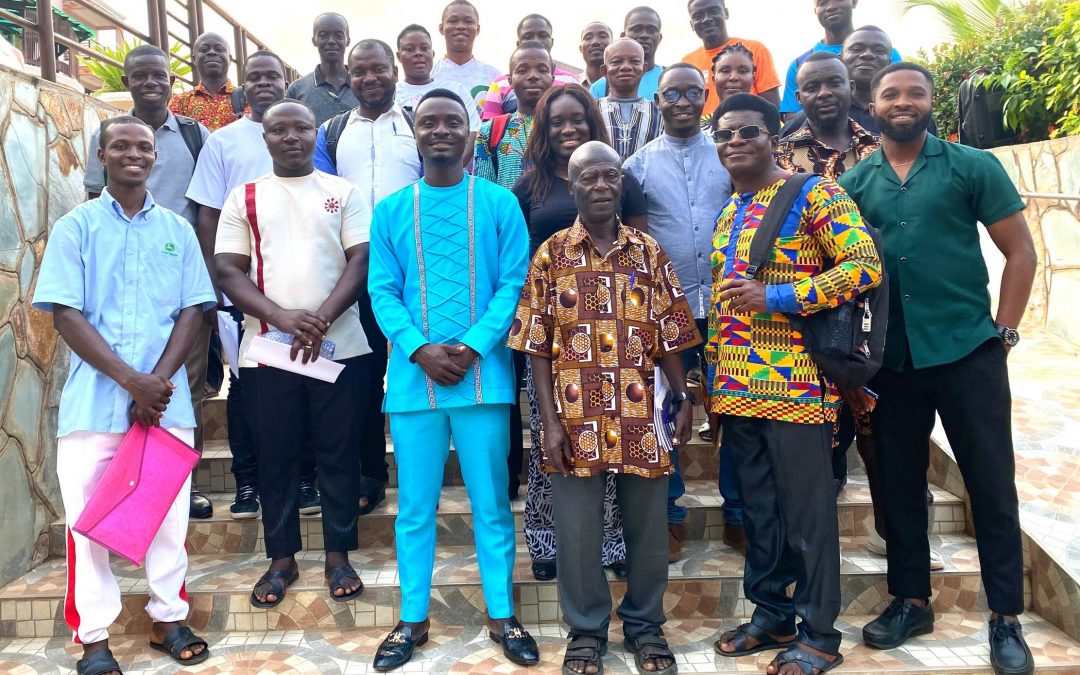
Recent Comments